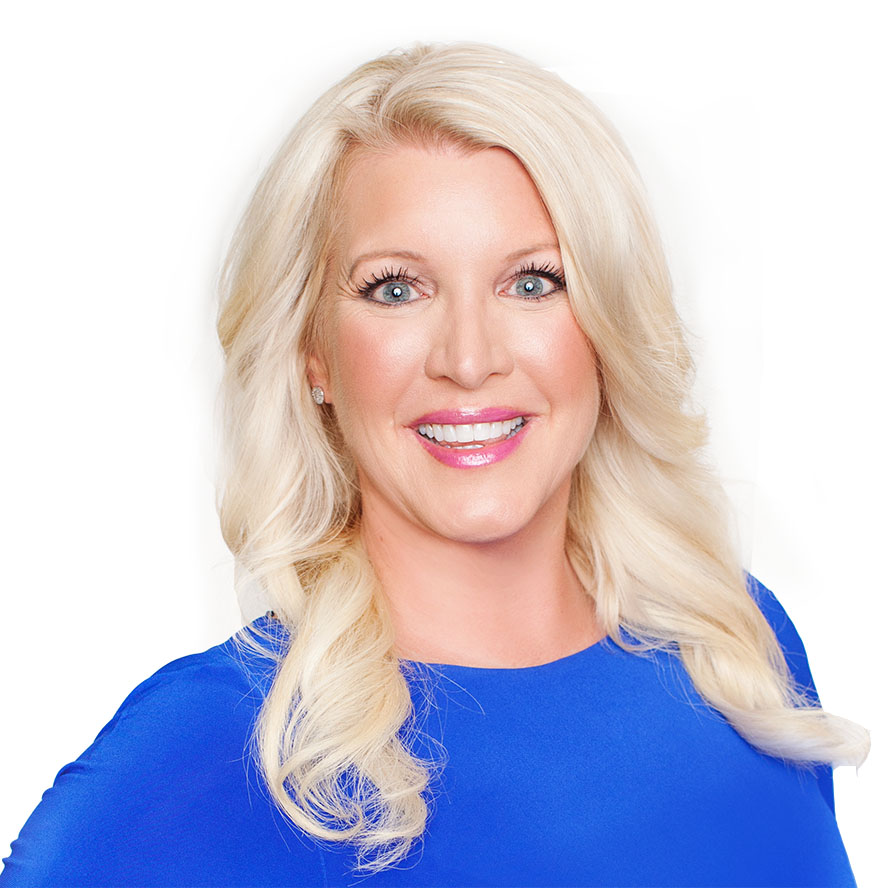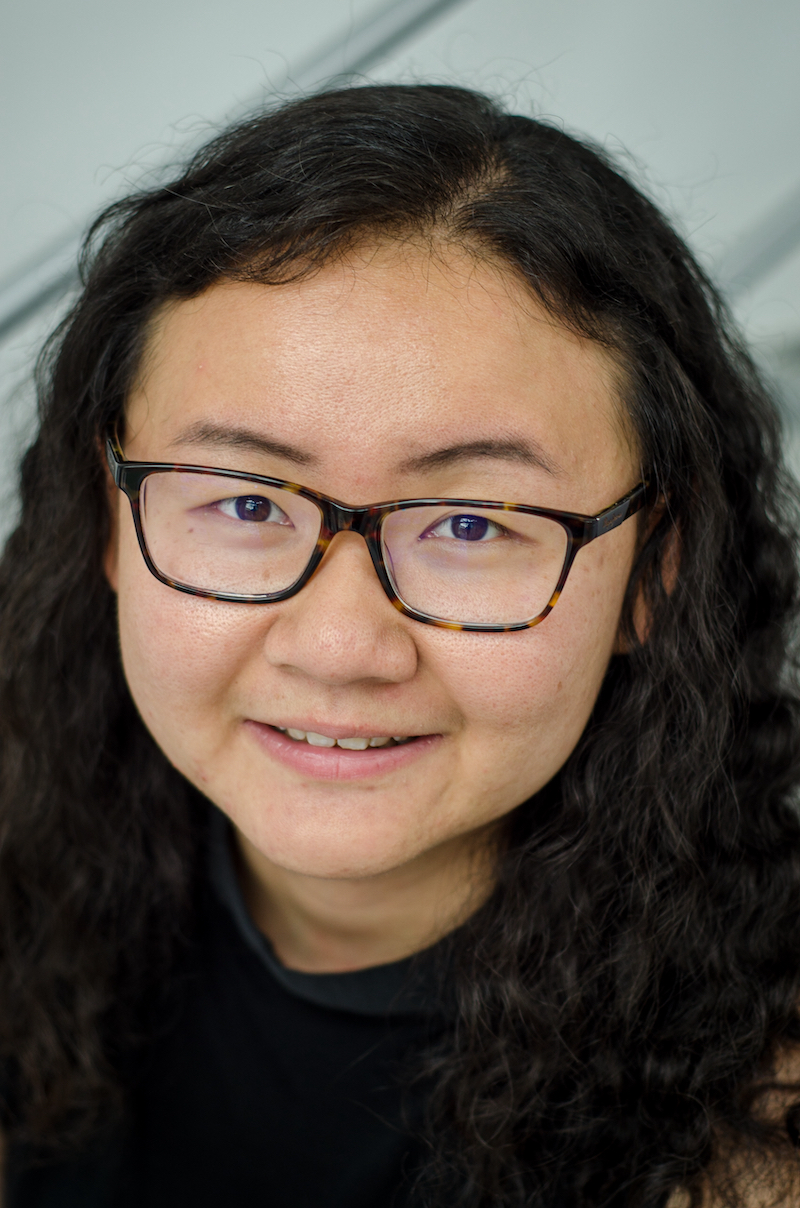How a Chief Wellbeing Economist is Helping Healthcare Systems Identify Current and Future Financial States with Targeted Action Plans
-
Why are you passionate about studying the economics and science of clinician burnout?
-
How are you turning the science into a platform for targeted action planning for health systems?
-
What sets your model apart from other well-being assessment models?
-
How does your model complement and use the data that a healthcare organization has already collected.
Dr. Sisi Hu, Co-founder and Chief Wellbeing Economist of Atalan
-
Academic background (risk science from Oxford) and post-doc at Harvard. During Covid, received a National Science Foundation funded grant on covid impact on healthcare workers. Talked to 100+ health systems by now and 150+ healthcare leaders across the country
-
Decided to move into tackling clinician burnout because physicians and nurses broke down in front of me during interviews and told me situation was dire. Felt compelled to do something because I cannot bear to think about a world in which we have no doctors and nurses. As a patient that’s a really scary thought.
-
With a lot of research, I found economics could be the answer. How economics is traumatizing and it can and should be used by clinicians as an empowerment tool to fight for their well being because with economics, we can show the cost of burnout, and also calculate the return on investment of interventions. We can put a dollar amount on all the hard work that our clinicians do and demonstrate why it makes business sense to invest in their wellbeing
-
Aspire to be a pioneer of a new field of wellbeing economic
Turning the science into a platform for action planning for health systems
-
Founding the company of Atalan
-
During research, one of my best friends Tiffany whom I met at Harvard 8 years ago reached out. She was independently working on clinician wellbeing during Covid and we both realized there was a huge need to do something.
-
Tiffany is an inspiration, determined, and crazy person. I told her I won’t jump ship until she does. And she did! So I had to jump and we founded the company together.
-
Very proud of our work. Now there’s increasing demand on our health sector which is putting pressure on our docs and nurses yet we’re not thinking nearly enough about them. Atalan’s mission is to support our healthcare workers, specifically to support our health systems to measure, benchmark, and mitigate clinician burnout and turnover using data-driven technologies
Exciting things happening next
-
National consortium on intervention evidence
-
New product launch in Oct

Dr. Katie Cole
Affectionately called “The Healer’s Healer,” Dr. Katie Cole is an award-winning psychiatrist and consultant who works with physicians and organizations to reinvigorate their passion for medicine, create healthier work/life balance, and prevent costly burnout.

